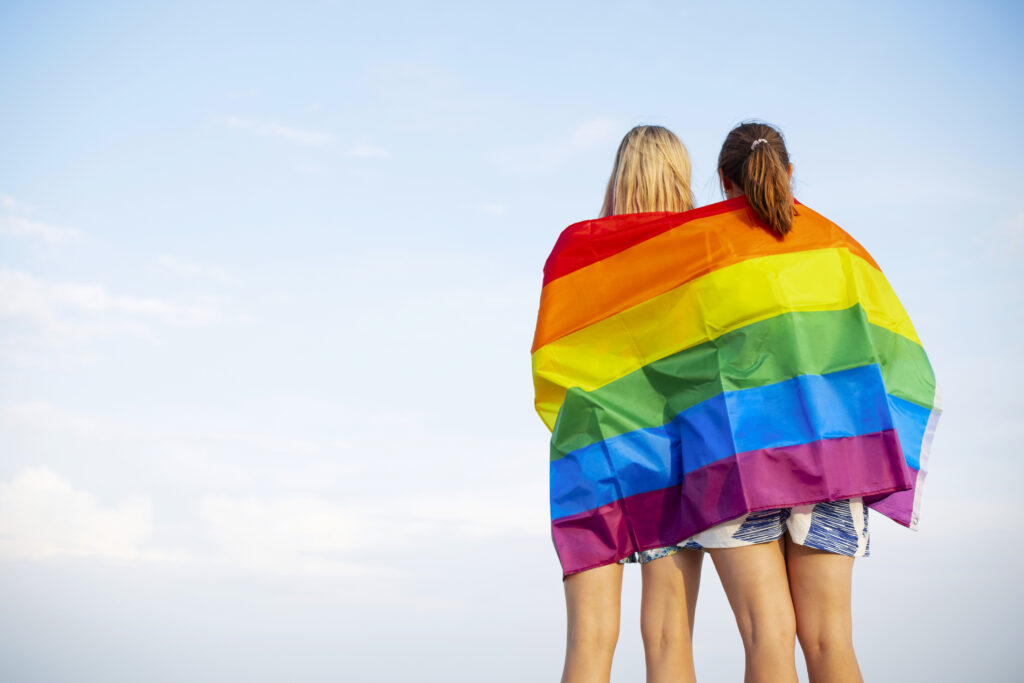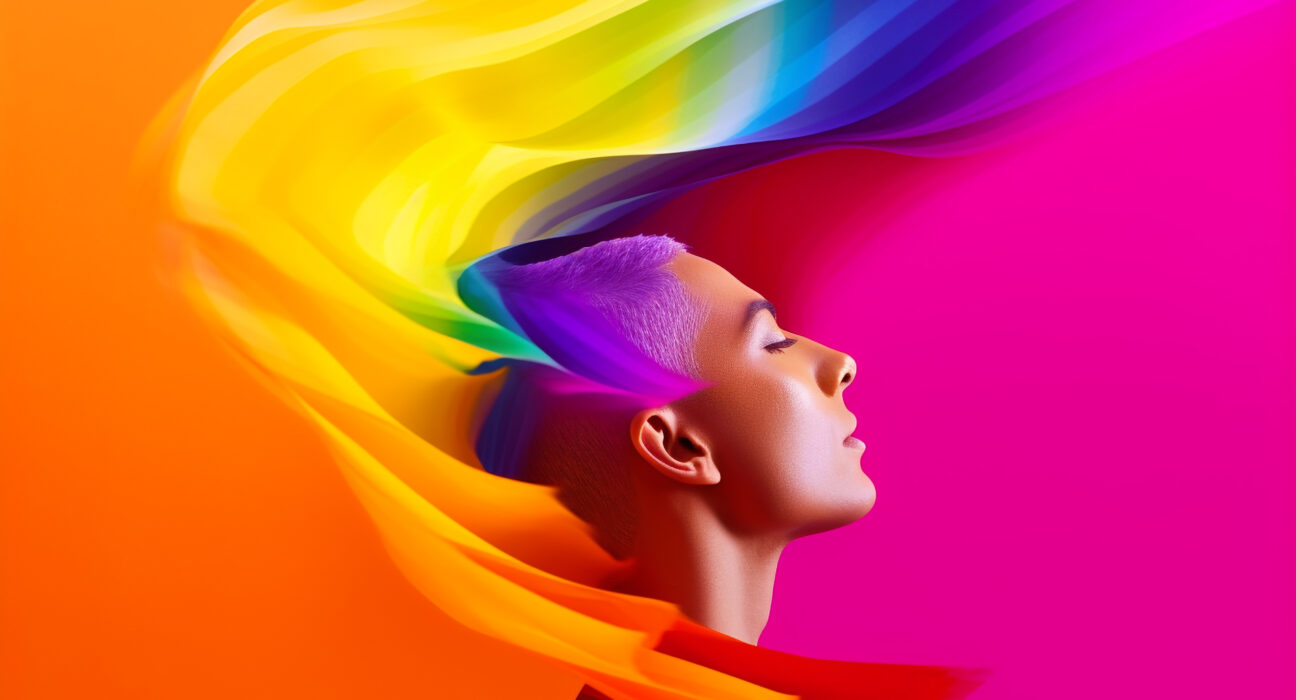Gender Identity
Ticy City is celebrating ‘Pride Month,’ the month dedicated to the diversity of the LGBTIQ+ community, with heartwarming and insightful articles for society, especially in an era more open to diversity. These pieces are written by Professor Thayakorn Kittichai, a psychologist at Arun Health Garden.
As modern ideologies redefine norms, they pave the way for diverse ideas to create new histories, including the concept of ‘gender identity,’ which was once limited to male and female.
The community of diverse sexual orientations, commonly known as the LGBTIQ+ community (L – Lesbian, G – Gay, B – Bisexual, T – Transgender, I – Intersex, and Q – Queer), has existed throughout world history, including in Thailand. However, it was often hidden, forbidden, or not disclosed due to lack of acceptance and societal ridicule and opposition.

Today, Thai society is becoming more open, with increasing acceptance of diverse sexual orientations (LGBTQ+) and respect for human differences. This openness has led to the passing of the “Equal Marriage” law, a significant milestone advocated for by the diverse sexual orientation community for a long time. This law marks a commendable start toward legal equality for “all genders” in Thailand.
Despite this progress, many people still do not understand, leading to LGBTQ+ individuals not being accepted by family, community, and society. Some face stigma, sexual assault, or internal suffering, resulting in self-harm or even suicide.
Therefore, taking care of the mental health of those with diverse sexual orientations is crucial, especially for children and youth who are future pillars of the country.
To address these issues, the Thai Health Promotion Foundation (THPF) and the Thai Transgender Alliance for Human Rights Foundation have created the “Parent’s Guide to Caring for Gender-Diverse Children.” This guide aims to foster understanding among parents in caring for and emotionally supporting these children and youths to prevent direct mental health problems.

Common mental health issues in the LGBTQ+ community include:
Chronic Stress Living up to high expectations creates pressure, leading to insomnia, waking up at night, boredom, and reduced sexual desire. If left untreated, this stress may cause physical illnesses like hypertension, migraines, and ulcers. If self-adjustment fails, try socializing or engaging in relaxing activities. If stress becomes unbearable, consult a psychiatrist or therapist.
Depression Chronic stress, social conditions, genetics, and environment can lead to depression, causing feelings of pressure, boredom, sleep problems, reduced appetite, loss of interest, poor concentration, and feelings of worthlessness. Some may self-harm or have suicidal thoughts. Research indicates a continuous rise in suicide attempts among LGBTQ+ youth. Regular self-observation, avoiding triggers, and engaging in relaxing activities with support from others can help reduce these symptoms. If depression persists for more than two weeks, consult a doctor for treatment.

Anxiety Excessive worry about future events related to education, work, health, family, finances, and relationships affects sleep, causes frequent headaches, lack of concentration, and panic attacks. Support from close ones is crucial, but if anxiety disrupts daily life, professional treatment with medication or therapy is necessary.
If you recognize that stress is affecting your life and health, it is recommended to consult a psychiatrist or a specialized therapist for proper assessment and treatment.
Prof. Thayakorn Kittichai, Psychologist at Arun Health Garden















Leave feedback about this